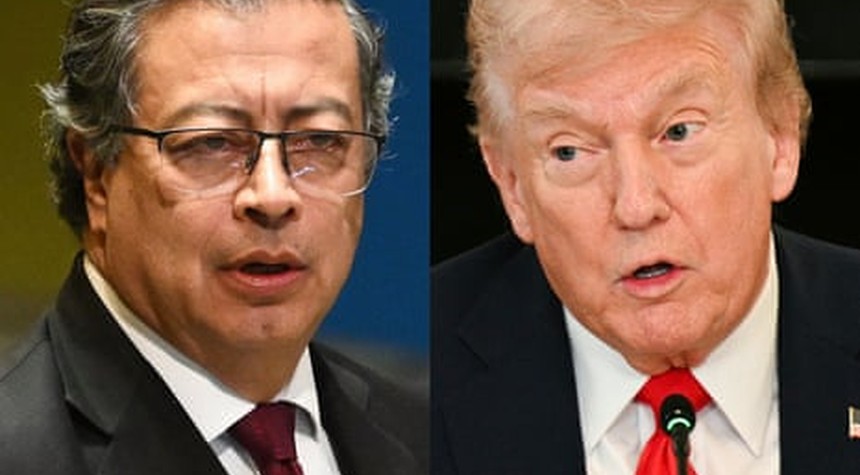The fundamental relationship between the United States and Colombia has deteriorated rapidly following a contentious exchange between former President Donald Trump and Colombian President Gustavo Petro regarding American counter-narcotics operations in the Caribbean.
The diplomatic crisis erupted after U.S. forces conducted maritime strikes against suspected drug trafficking vessels in September, resulting in the death of an individual whom Colombian authorities claim was a civilian fisherman. This incident has exposed the stark ideological divide between American law enforcement priorities and Colombia’s shifting approach to drug policy.
President Petro’s administration, which has consistently pushed back against traditional American drug enforcement strategies, immediately condemned the maritime operation as a violation of Colombian sovereignty. The left-wing Colombian government’s response reflects their broader rejection of militarized anti-drug policies that have defined U.S.-Colombia relations for decades.
Former President Trump responded with characteristic directness, labeling Petro an “illegal drug dealer” and threatening to terminate crucial aid packages to Colombia, historically one of America’s strongest regional allies in combating narcotics trafficking. Trump’s administration has maintained a firm stance on aggressive drug interdiction, promising to “close up” drug cultivation sites if Colombian authorities fail to act.
The facts paint a concerning picture: Colombia remains the world’s leading cocaine producer, with coca cultivation reaching record levels according to recent UN data. The Trump administration’s September decertification of Colombia’s drug control efforts – the first such action in nearly 30 years – highlighted the growing policy divide between Washington and Bogotá.
While the Colombian government claims record drug seizures under their new approach, the empirical evidence suggests their policies have failed to stem the tide of narcotics production. President Petro’s assertion that American drug consumption, rather than Colombian supply, drives the crisis ignores the basic economic principle that restricting supply is crucial to combating illegal drug markets.
The recall of Colombia’s ambassador to Washington for emergency consultations signals a dramatic escalation in tensions between these longtime strategic partners. This diplomatic crisis threatens to undermine decades of successful security cooperation at a time when Colombia faces its most severe security challenges in years.
The logical conclusion is clear: without robust bilateral cooperation on drug enforcement, both nations will suffer. America will face increased drug trafficking across its borders, while Colombia risks descending further into narco-state status. The Biden administration now faces the challenge of rebuilding this crucial relationship while maintaining effective counter-narcotics operations – a delicate balance that will require both firmness and diplomacy.
Related: Millions Join Anti-Trump Protests While Crime Rates Soar in Democrat Cities

